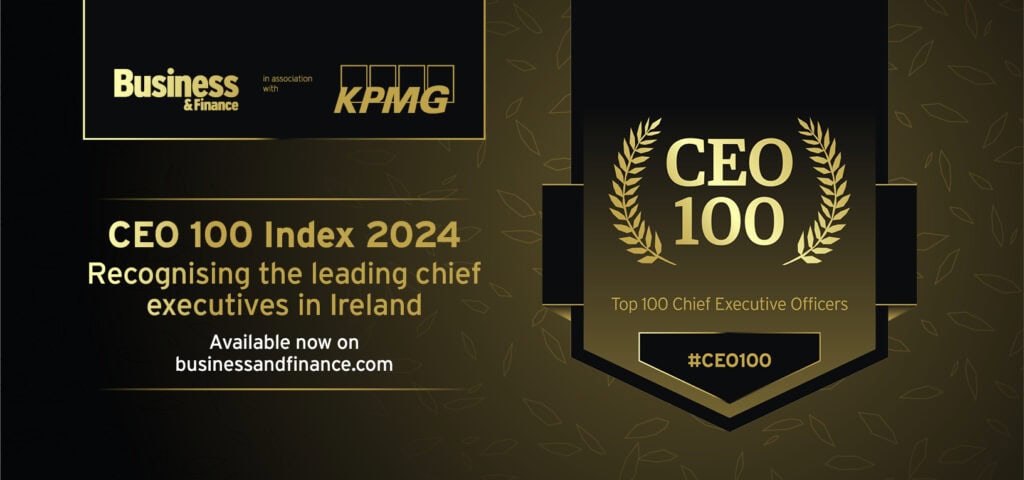By Barry Dowling, co-founder, TransferMate Global Payments
Given our position on the westerly edge of Europe, Irish businesses must embrace the import/export models in order to truly flourish.
For those organisations that are operating in the global marketplace, either via importing or exporting, all too many get caught-up in the pitfalls of international transfers – ultimately costing their businesses time and money.
Many business owners make the assumption that they have to use their banks for international payments. Our SME team have found that on average small businesses are being charged 2.75-3% of difference on rates banks offer when compared with other providers.
However, many business owner/managers automatically assume that their bank is giving them the best rate.
The first step for any SME looking at currency transfer is to do your homework – look at what providers are offering. Take back the control over the rate you receive. You should be able to monitor and book the rate that suits them, with no transfer fees.
So how do you know where to turn? As a guideline, here are the top five things to look for when choosing a global payment provider:
- Fees and charges – Compare what providers are offering. High fees and charges can end up costing a business thousands
- Security – Any business must have complete confidence in a provider to ensure that their money is secure.
- Regulatory compliance – As with most services it is wise to only work with an authorised provider.
- Access to customer support – The currency market never stops and, as a small business owner or start-up, sometimes neither do you. Be sure that the provider is readily accessible to help you with any queries you might have.
- Expertise – You need to be sure that the provider you are dealing with knows exactly what they are doing. Do your research in this regard – look them up online, read review, see who their customers are.
YOU’VE CHOSEN YOUR PROVIDER – WHAT NEXT?
Don’t take the exchange rate as gospel! The market exchange rate plays a fundamental role for companies making international trades.
Essentially, the movements in international exchange rates can change the entire business landscape in a matter of minutes. It is imperative for businesses of all sizes to question the rates quoted to them. The numbers speak for themselves and the following example illustrates just how big the variation can be.
From sample live rates quoted from AIB and Bank of Ireland as of 10am on March 9th, 2016, it is clear that substantial savings would have been made by avoiding the banks.
| Sterling amount | Rate | Euro amount | Transfer fee | Savings lost | |
| Bank 1 | STG 10000.00 | .7630 | EUR 13106.16 | €20 / 32 | €217.57 |
| Bank 2 | STG 10000.00 | .7577 | EUR 13197.84 | €25 | €125.89 |
| TransferMate/ provider | STG 10000.00 | .7704 | EUR 12980.27 | Nil |
… on average small businesses are being charged 2.75-3% of difference on rates banks offer when compared with other providers
PLAN FOR THE FUTURE
Many businesses are aware that they can safeguard their revenues by securing a guaranteed currency rate today, thus offsetting market changes and fluctuations.
By doing this you are insulating your business from any sudden changes so that they are not going to impact your position. You can forecast your budgets with greater ease. This is known as a variable flexible spot rate.

Barry Dowling, TransferMate
CASE IN POINT
The UK is set to hold an in-out referendum this summer on whether the state should remain in the European Union. This referendum on Britain’s membership will take place on Thursday June 23rd.
Those in favour of the Brexit argue that it will not damage trade between European countries, as the UK is a large importer of goods and services from the continent.
The pro-European side is concerned that investment from foreign companies would drop if the access to the single European market is disrupted.
However, at this time, it remains unclear over what would happen if the Brexit does indeed come to fruition.
Photo (main): gags9999
About the blogger
Barry Dowling is a co-founder of TransferMate with over 10 years’ experience with payments and online business.
Barry has managed the business growth strategy for TransferMate since its inception and also played a critical role in the development of the online system in his capacity as managing director.
Prior to TransferMate Barry cofounded a global travel visa business.



